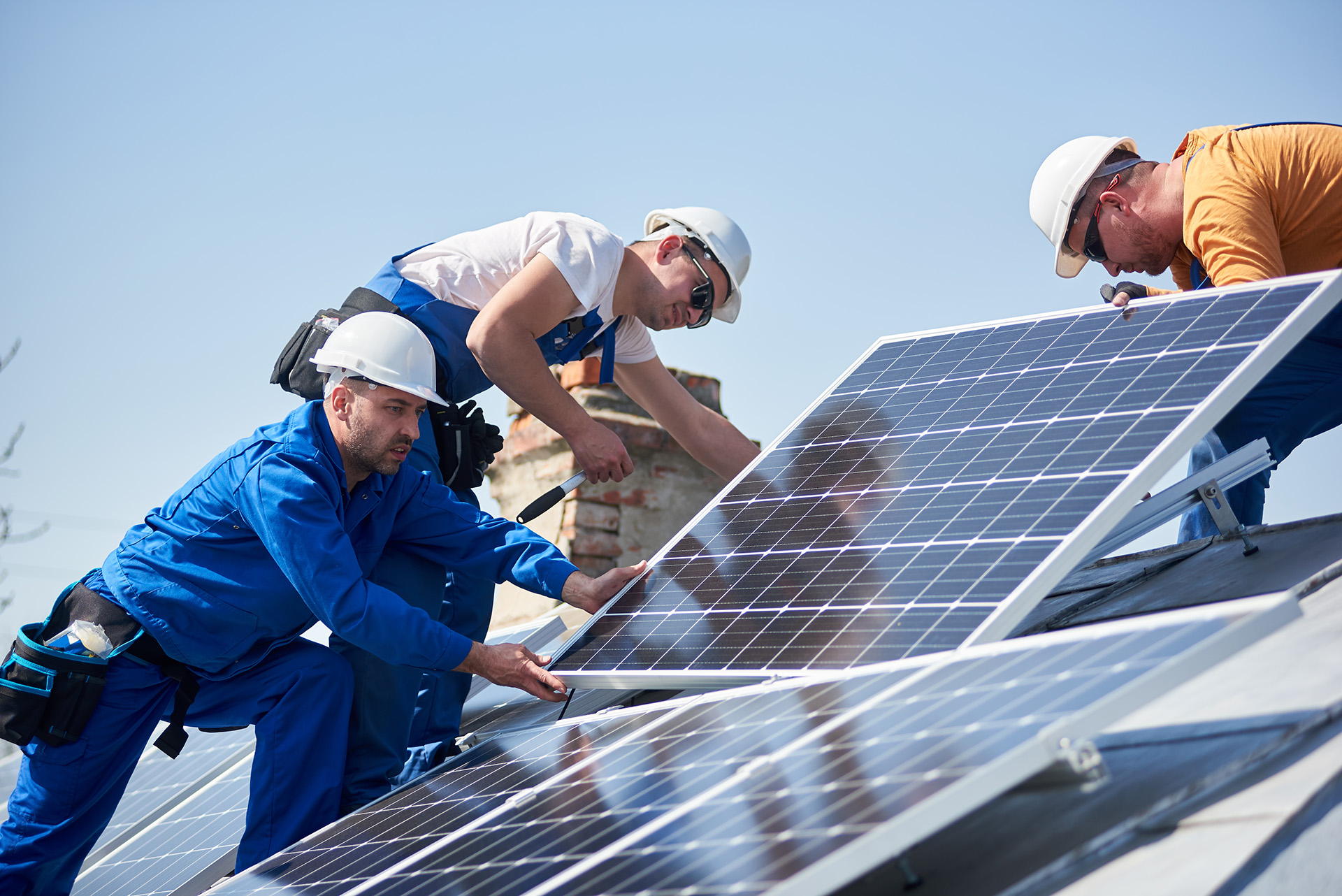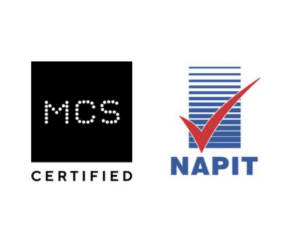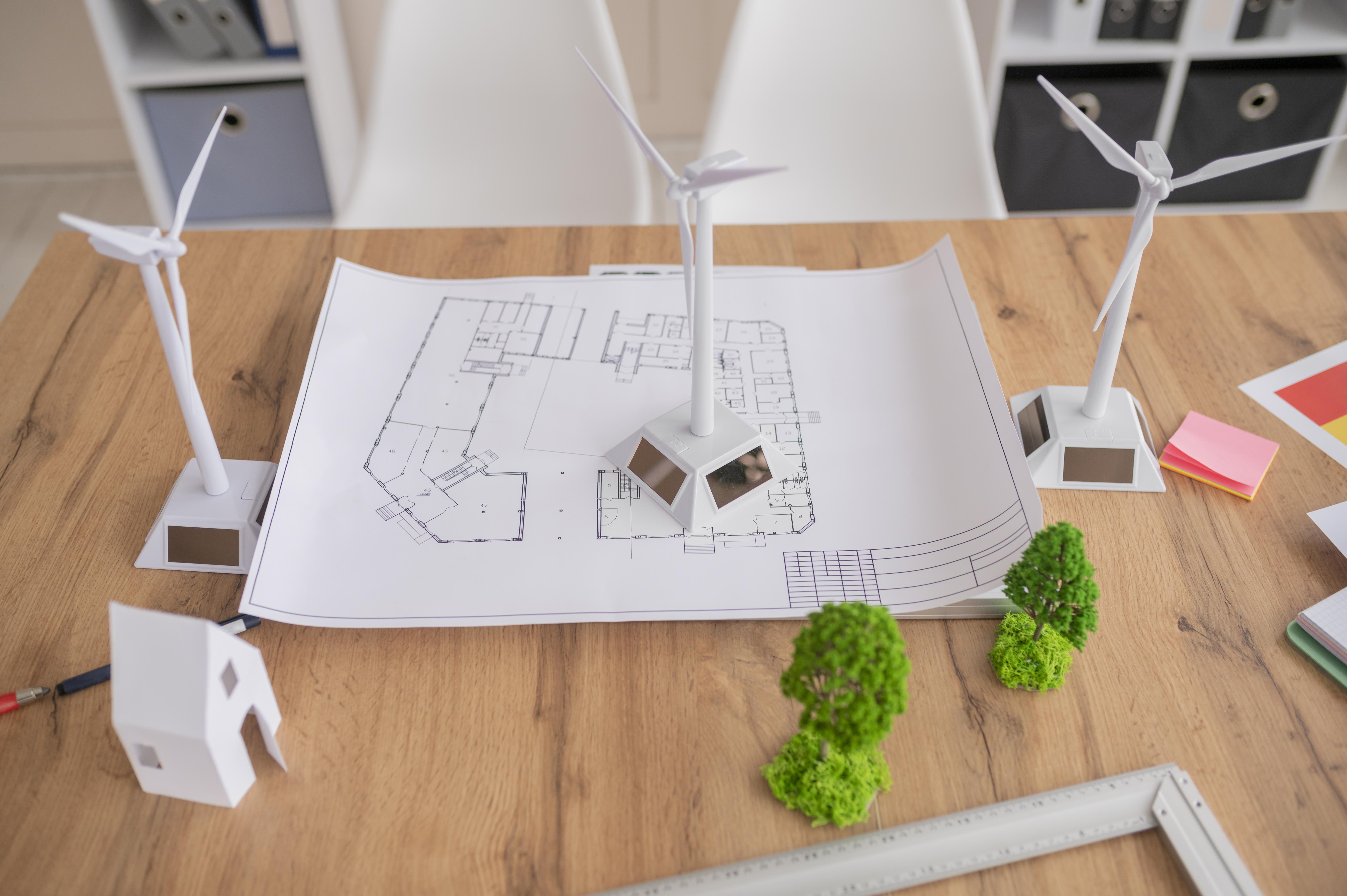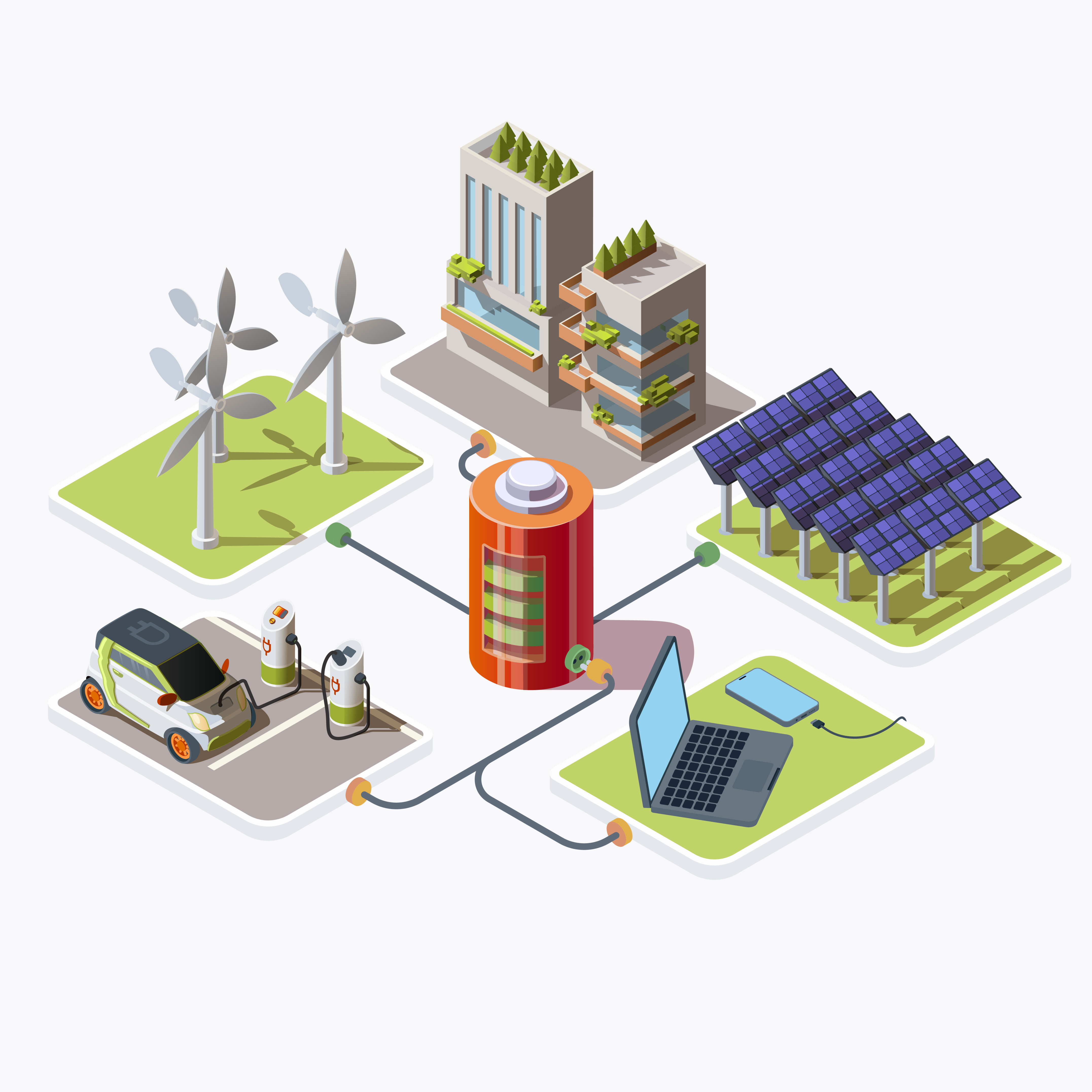Table of Contents
ToggleIntroduction
In today’s era of energy efficiency and sustainability, residential heat pumps have emerged as a viable alternative to traditional heating and cooling systems. As homeowners seek to reduce their carbon footprint and lower energy costs, understanding the return on investment (ROI) of residential heat pumps becomes crucial. In this comprehensive guide, we will delve into various aspects of residential heat pumps, from their types and operation to their financial implications and environmental benefits. Residential heat pumps are versatile heating and cooling systems that utilize the principles of thermodynamics to transfer heat between indoor and outdoor environments. Unlike traditional heating systems that generate heat through combustion, heat pumps extract heat from the air, ground, or water, making them highly energy-efficient and environmentally friendly.
Understanding Return on Investment (ROI)
Return on Investment (ROI) is a critical metric used to evaluate the financial performance of residential heat pump investments. It represents the ratio of the net benefits (energy savings, reduced operating costs, increased property value, etc.) to the initial investment costs. A positive ROI indicates that the benefits outweigh the costs, making the investment financially viable.
Calculating the ROI of residential heat pump installations involves estimating the total upfront costs, including equipment purchase, installation, and any additional expenses, and comparing them to the expected savings and benefits over the system’s lifespan. Factors such as energy savings, utility incentives, tax credits, and maintenance costs should be taken into account to accurately assess the ROI.
Several financing options are available to homeowners interested in installing residential heat pump systems, including cash purchases, loans, leases, and financing programs offered by manufacturers, retailers, and financial institutions. Choosing the right financing option depends on individual financial circumstances, preferences, and goals.
Long-Term Cost Savings with Heat Pumps
While the upfront costs of residential heat pumps may be higher than traditional heating systems, their lower operating costs, energy savings, and longer lifespan often result in significant long-term cost savings for homeowners. By investing in a heat pump system, homeowners can enjoy reduced energy bills, increased comfort, and improved indoor air quality while minimizing their environmental impact.
Residential heat pumps offer several environmental benefits, including reduced greenhouse gas emissions, fossil fuel consumption, and air pollution compared to traditional heating systems. By using electricity as a clean energy source and leveraging renewable energy options, such as solar power, heat pump systems can contribute to sustainability and climate change mitigation efforts.
In addition to energy savings and environmental benefits, residential heat pumps provide health and comfort benefits for homeowners. Heat pump systems offer consistent heating and cooling throughout the home, eliminating cold spots and drafts associated with traditional heating systems. Additionally, heat pumps can improve indoor air quality by filtering out allergens, pollutants, and contaminants, creating a healthier living environment for occupants.
Heat Pump Incentive Programs by Region
Many governments, utility companies, and organizations offer incentive programs, rebates, and financial incentives to encourage homeowners to invest in energy-efficient heating and cooling systems, including heat pumps. These programs may vary by region and may include cash rebates, tax credits, low-interest loans, and grants for qualifying heat pump installations. By taking advantage of available incentive programs, homeowners can reduce the upfront costs of installing a heat pump system and improve the overall return on investment.
Advancements in heat pump technology, such as variable-speed compressors, advanced refrigerants, and integrated control systems, are driving improvements in efficiency, performance, and comfort for residential applications. These innovations enable heat pump systems to operate more efficiently across a wider range of conditions, providing consistent heating and cooling while minimizing energy consumption and operating costs. By staying informed about the latest technological advancements and product offerings, homeowners can select the most advanced and efficient heat pump system for their needs and maximize their energy savings and comfort.
Resilience Benefits of Heat Pump Systems
Residential heat pump systems offer resilience benefits that can help homeowners prepare for and mitigate the impacts of power outages, extreme weather events, and other emergencies. Heat pump systems equipped with backup power sources, such as battery storage or backup generators, can continue operating during grid outages, providing essential heating and cooling capabilities to maintain comfort and safety indoors. Additionally, heat pump systems can reduce reliance on fossil fuels and grid-dependent heating sources, enhancing energy security and resilience for homeowners in the face of uncertain energy futures.
Residential heat pump installations have the potential to address environmental justice and equity issues by providing affordable, energy-efficient heating and cooling solutions to underserved communities. Low-income households, in particular, may benefit from heat pump installations through reduced energy costs, improved indoor comfort, and enhanced environmental quality. Government and community-based initiatives aimed at expanding access to energy-efficient technologies and incentivizing heat pump adoption can help promote equity and social justice while advancing climate change mitigation and sustainability goals.
Hybrid heat pump systems combine the energy efficiency and environmental benefits of heat pump technology with the flexibility and reliability of conventional heating systems. These systems integrate heat pumps with backup heating sources, such as gas furnaces or electric resistance heating, to provide efficient heating and cooling year-round, regardless of outdoor conditions. Hybrid systems automatically switch between heat pump and backup heating modes based on energy costs, climate conditions, and system settings, optimizing comfort and efficiency while minimizing energy consumption and operating costs for homeowners.
Integration of Renewable Energy Sources with Heat Pump Systems
Residential heat pump systems can be integrated with renewable energy sources, such as solar photovoltaic (PV) panels and wind turbines, to further reduce carbon emissions, energy costs, and reliance on fossil fuels. By harnessing clean, renewable energy sources to power heat pump systems, homeowners can achieve greater energy independence, resilience, and sustainability while minimizing their environmental impact and contributing to a cleaner, greener future. Integrated renewable energy and heat pump systems offer a holistic approach to energy management and climate change mitigation, providing homeowners with reliable, cost-effective, and environmentally friendly heating and cooling solutions for their homes.
Numerous educational resources, including websites, guides, workshops, and community programs, are available to homeowners interested in learning more about residential heat pump technology, installation, and benefits. These resources provide valuable information, tools, and support to help homeowners make informed decisions about heat pump installations, maximize their energy savings and comfort, and ensure the successful implementation of heat pump systems in their homes. By accessing educational resources and seeking guidance from qualified HVAC professionals, homeowners can confidently navigate the process of selecting, installing, and maintaining a heat pump system that meets their needs and budget.
The residential heat pump market is experiencing steady growth and innovation driven by increasing demand for energy-efficient heating and cooling solutions, tightening environmental regulations, and advancements in heat pump technology. Industry trends such as electrification, decarbonization, and smart home integration are shaping the future of residential heat pump systems, driving improvements in efficiency, performance, and comfort for homeowners. As heat pump technology continues to evolve and mature, the market outlook for residential heat pumps remains positive, with continued expansion and adoption expected in the coming years.
Public Perception and Awareness of Heat Pump Technology
Public perception and awareness of residential heat pump technology play a crucial role in driving adoption and market growth. While awareness of heat pump technology is growing, there are still misconceptions and barriers that may hinder widespread adoption, such as concerns about upfront costs, performance, and compatibility with existing HVAC systems. By educating consumers, policymakers, and industry stakeholders about the benefits and potential of residential heat pumps, we can increase awareness, improve perception, and accelerate the transition to energy-efficient heating and cooling solutions that benefit homeowners, communities, and the environment alike.
Residential heat pump systems can have significant interactions with indoor air quality, affecting factors such as humidity levels, ventilation rates, and airborne pollutants. Proper system design, installation, and maintenance are essential for ensuring healthy indoor air quality and occupant comfort. Heat pump systems with advanced filtration, ventilation, and humidity control features can help improve indoor air quality by removing allergens, pollutants, and contaminants from the air, creating a clean, comfortable living environment for homeowners and their families.
Heat pump water heaters offer sustainability benefits by leveraging renewable energy sources, such as ambient air or geothermal heat, to heat water for domestic use. These systems use significantly less energy than traditional electric resistance water heaters, reducing carbon emissions, energy costs, and reliance on fossil fuels. By installing a heat pump water heater, homeowners can enjoy reliable, efficient hot water production while minimizing their environmental impact and contributing to a more sustainable future.
Heat Pump Maintenance Plans and Service Contracts
Maintenance plans and service contracts offer homeowners peace of mind and protection for their residential heat pump systems. These plans typically include regular inspections, preventive maintenance, and priority service for repairs and emergencies, ensuring that heat pump systems remain in optimal condition and continue to perform efficiently and reliably over time. By investing in a maintenance plan or service contract with a trusted HVAC provider, homeowners can minimize downtime, prevent costly repairs, and maximize the lifespan and performance of their heat pump systems.
Conclusion
In conclusion, understanding the return on investment (ROI) of residential heat pumps is essential for homeowners seeking to reduce energy costs, lower carbon emissions, and enhance comfort and sustainability in their homes. By considering factors such as system efficiency, installation costs, energy savings, and available incentives, homeowners can make informed decisions about investing in heat pump technology and maximize the benefits and value of their investments for years to come. Residential heat pumps offer a compelling combination of energy efficiency, environmental benefits, and long-term cost savings, making them a smart choice for homeowners looking to upgrade their heating and cooling systems and build a more sustainable future for themselves and their communities.
FAQs
What is the typical lifespan of a residential heat pump system?
Residential heat pump systems are designed to last for approximately 15 to 20 years with proper maintenance and care. However, actual lifespan may vary depending on factors such as usage, climate conditions, installation quality, and maintenance practices.
How do I calculate the ROI of installing a heat pump system in my home?
Calculating the ROI of a residential heat pump installation involves estimating the total upfront costs, including equipment purchase, installation, and any additional expenses, and comparing them to the expected savings and benefits over the system’s lifespan. Factors such as energy savings, utility incentives, tax credits, and maintenance costs should be taken into account to accurately assess the ROI.
Are there incentives or rebates available for installing a heat pump system in my area?
Many governments and utility companies offer incentives, rebates, and tax credits to encourage homeowners to invest in energy-efficient heating and cooling systems, including heat pumps. These incentives can help offset the upfront costs of heat pump installation and improve the overall ROI for homeowners. It’s recommended to check with local authorities or utility providers to see what incentives are available in your area.
What are the potential challenges associated with heat pump systems?
While heat pump systems offer numerous benefits, there are some potential challenges and considerations that homeowners should be aware of before investing in a heat pump system. These may include compatibility issues with existing HVAC systems, noise concerns, efficiency limitations in extreme climates, and the need for proper sizing and installation.
How can I ensure the optimal performance and efficiency of my heat pump system?
Proper maintenance is essential for ensuring the efficient operation and longevity of residential heat pump systems. Homeowners should schedule regular maintenance tasks, such as cleaning or replacing air filters, checking refrigerant levels, and inspecting electrical components, with qualified HVAC professionals according to manufacturer recommendations. Additionally, monitoring energy usage, optimizing system settings, and addressing any issues promptly can help maximize the performance and efficiency of heat pump systems over time.







